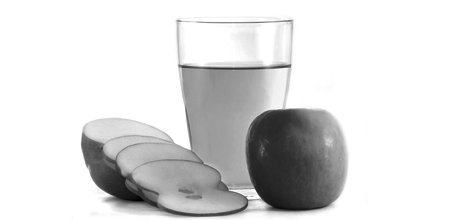
We’re living in a society where our to-do lists are never ending, and we’re expected to do it all: work, raise children, keep up with social engagements, go to the gym, cook meals, clean the house – the list is endless. We often get so caught up in our commitments that we lose touch with how our bodies feel and what they’re telling us.
We need to let go of what our minds tell us we ‘should do’ and start listening to what our bodies tell us we need. Here are just a few ways you can aim to reconnect with your body’s natural cues:
Give yourself a break from exercise if you’re feeling fatigued
We all know those days when we feel truly exhausted after a hectic week, a sleepless night, a stressful event, and going to the gym is the last thing we feel like. Instead of forcing a terrible workout, it might be a good idea to take a break and spend that extra hour relaxing or catching up on sleep.
It’s not
about avoiding exercise whenever you ‘don’t feel like it’- regular exercise is
important and can be a great stress reliever. However, on those days when
you’ve already over-worked yourself and are feeling truly sore or tired, it’s
important to take a day off to rest if your body tells you to. If you still want
to be active in some way, you could always go for a walk in the fresh air, or
do some slower-paced yoga.
Respect your injuries
One of the worst things you can do when you’re experiencing an injury is to ignore it and keep going at full pace. Exercising with an injury can cause serious damage and will only worsen the injury, which means more recovery time and potentially putting your health at risk.
If you’re experiencing a serious injury, be sure to visit your doctor who will be able to advise you on the best way to proceed. Most minor injuries take a few weeks to recover at least, so you should avoid exercising or placing strain on your injury at all. Once you get back to the gym, start out slowly and build your way back up – it’s unrealistic to expect to get back at full form.
Prioritise sleep when you’re feeling run-down
With so much going on in our lives, it can be difficult to get as much sleep as we need. While the number varies for different people, experts suggest adults need around eight hours of sleep a night.
When we get run-down and our immune systems are compromised, getting enough sleep is absolutely key to helping our bodies fight infection and keep us healthy. If you’re feeling ill or low on energy, try to prioritise your sleep.
Pay attention to your hunger and fullness cues
Due to the effects of diet culture and our modern lifestyle, our relationships with food is complicated and many of us have lost the connection with our hunger and fullness cues; we either ignore hunger pangs when our bodies crave energy, or continue to eat past the point of feeling satiated.
Being tuned in when our body needs food, and when it’s had enough, is key to our physical and mental health. If you’re suppressing your hunger instead of having a snack or meal when your body tells you to, you’re depriving yourself of the energy you need to live. This can lead to crashes in your blood sugar, mood, and much more serious consequences when driven to the extreme. Alternatively, regularly over-eating when you’re not hungry, either out of boredom or for emotional reasons, can lead to disease and weight gain.
Work to distinguish when you’re actually hungry or full, or when you’re under- or over-eating due to emotional or environmental reasons. Eating is intuitive, therefore you’ll be surprised by what your body is actually telling you when you start to listen to it.





